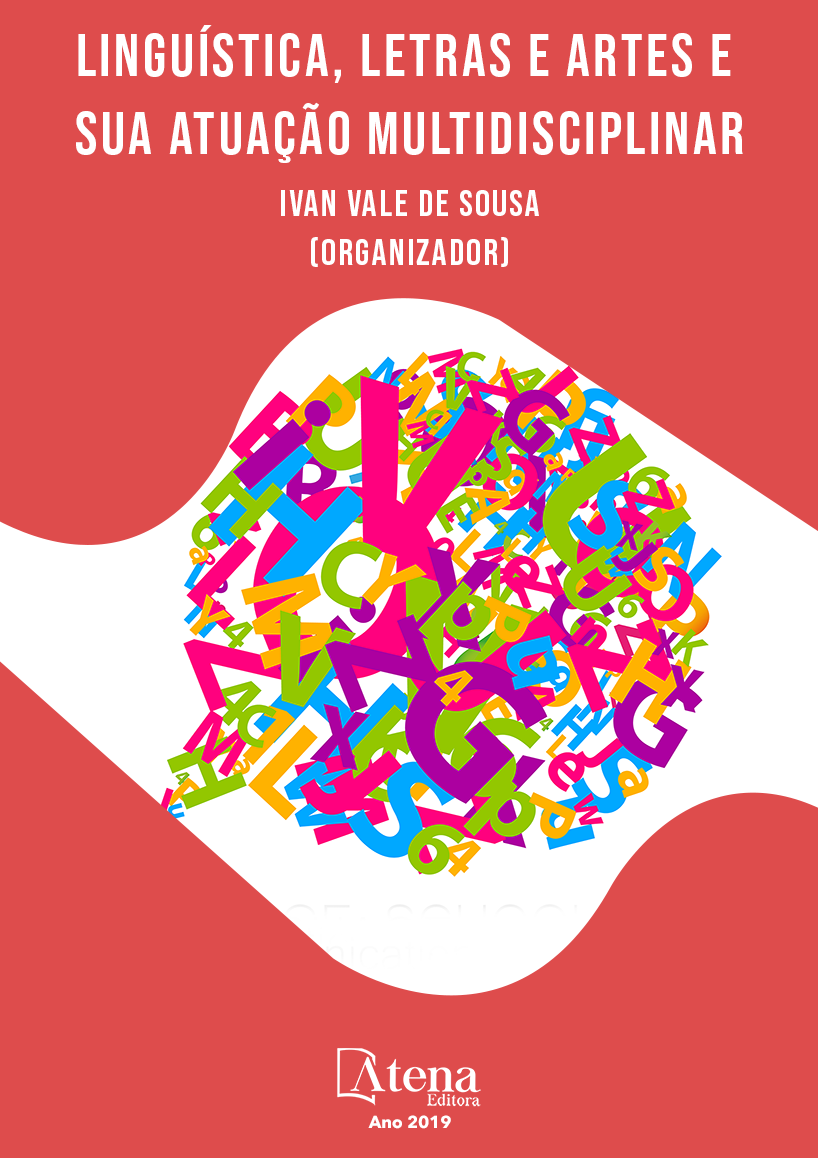
A AMBIGUIDADE NO GÊNERO PIADA E A CONSTRUÇÃO DO ESTEREÓTIPO CAIPIRA
O presente trabalho tem a proposta
de analisar a forma que o estereótipo caipira
é construído em piadas, considerando a
ambiguidade lexical – processo semântico
que possibilita o duplo sentido de um termo na
sentença – um fator importante na caracterização
do caipira. Para isso, a metodologia aplicada foi
a seleção de piadas em sites da internet, leitura
e análise individual de cada uma e, por fim, uma
comparação, a fim de observar características
convergentes entre elas. Com essa pesquisa,
propõe-se também uma reflexão sobre o tipo
de humor trabalhado em sala de aula e a
possibilidade de explorar melhor o gênero piada
no contexto escolar, abrangendo para análises
temáticas e de questões sociais (preconceito
linguístico e regional, por exemplo) as quais
esse gênero está envolvido, principalmente
quando fundamentado em um estereótipo. Por
isso, e pensando na complexidade do gênero,
buscamos amparo teórico em Possenti (2001),
Débora Facin, Marizete Spessatto (2007) e
Nágila Machado e Elisete Mesquita (2011).
A AMBIGUIDADE NO GÊNERO PIADA E A CONSTRUÇÃO DO ESTEREÓTIPO CAIPIRA
-
DOI: 10.22533/at.ed.7481923123
-
Palavras-chave: Piadas; estereótipo caipira; ambiguidade lexical
-
Keywords: Jokes; country bumpkin stereotype; Lexical ambiguity.
-
Abstract:
The present work aims to
analyze the manner that the country bumpkin
stereotype is built up in jokes, considering the
lexical ambiguity – semantic process that allows
dual meaning of a term in the sentence – an
important factor in the characterization of the
country bumpkin.To this end, the methodology
applied was the selection of jokes on Internet
sites, reading and individual analysis of
each joke and, eventually, a comparison in
order to observe convergent characteristics
amongst them. With this research, a reflection
is proposed on the type of humor provided in
classroom and the possibility to better explore
the comedy genre in school context, embracing
thematic analysis and social issues (linguistic
and regional prejudice, for example) in which
this genre is involved, especially when based
on a stereotype. Therefore, considering the
complexity of the genre, we seek theoretical
support in Possenti (2001), Débora Facin,
Marizete Spessatto (2007) and Nágila Machado
and Elisete Mesquita (2011).
-
Número de páginas: 15
- Rayane Gonçalves


